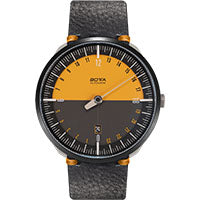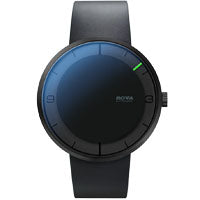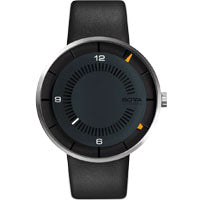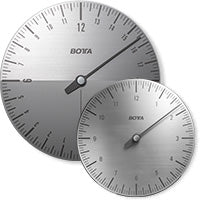Allergies are unpleasant for everyone concerned. Avoiding their symptoms often leads to noticeable restrictions in everyday life. More and more people are aware of these problems, because allergies are an increasing phenomenon. In Germany alone, around one in three people already have an allergy, and the trend is rising.
What is an allergy anyway?
In principle, an allergy is a false alarm of the body to substances that are actually harmless. Contact with the allergy-causing substance triggers reactions in those affected, the symptoms of which can vary in severity and severity. The respiratory tract, skin and mucous membranes are most frequently affected by unpleasant allergic reactions, which can sometimes take on severe proportions. Less dramatic but at least annoying symptoms include watery eyes, coughing and runny nose, itching or rashes, swollen mucous membranes, etc. ...
There are many allergens, i.e. allergy-causing substances, in our environment. They can be the cause of various allergies: House dust mites, pollen, animal hair, insect venom, food, medication, fragrances or even certain metals.
Some of these allergy triggers can hardly be avoided in everyday life, others can be avoided quite easily.
Contact allergies require a conscious material selection
There is a whole range of materials and substances to which a person's immune system can become hypersensitive over time. In most cases, contact allergens are certain chemicals, fragrances or metals - i.e. substances with which the skin comes into direct contact. The reaction does not usually occur immediately, but develops over time.
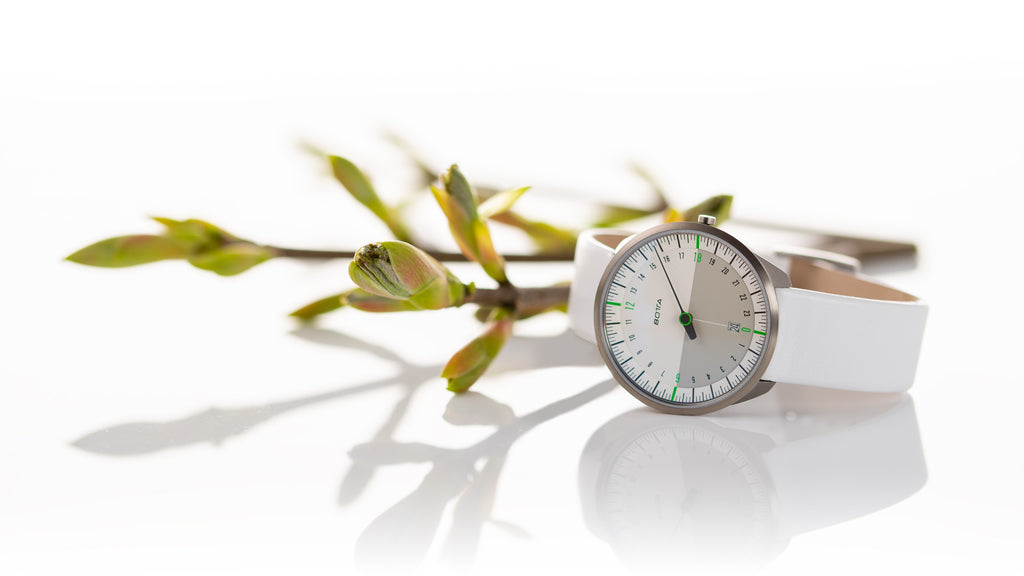
The most common cause of a contact allergy is the metal nickel
Nickel is an alloy component in glasses, watches and jewelry, buttons, zippers and much more. Upon contact, skin sweat can release nickel ions from a corresponding alloy (chemical combination of different metals). Corresponding materials should also be avoided if you have a nickel allergy. The nickel content of everyday items that come into direct and long-term contact with the skin has already been legally limited; In severe cases, however, even the smallest amounts can cause significant discomfort. In such a case, you should avoid contact completely in order to avoid the cause of a nickel allergy.
For those affected, a contact allergy can severely limit the choice of products.
What is the difference between nickel-free and nickel-release-free?
Nickel-free means that the material in question does not contain any nickel. This applies, for example, to the pure substance titanium. In contrast, many types of steel, especially stainless steels, often contain significant amounts of nickel in the form of alloy additives.
Simply put, stainless steels are metal compounds (metal mixtures) made of iron and various additional metals, so-called alloy components. Because nickel has very good corrosion prevention properties and is inexpensive at the same time, it is often used as an alloy additive. An important representative here are the so-called chrome-nickel steels, which naturally have a significant nickel content and can therefore trigger a nickel allergy. However, if the nickel is very well dosed and therefore perfectly bonded, these steels release almost no nickel at all. This is referred to as nickel duty-free. However, in order to receive the designation nickel-free, the steel must meet strict standards.
However, extreme allergy sufferers can still react to the traces of nickel that these alloys release. In this case, nickel-free metals or alloys without added nickel, i.e. nickel-free materials, are the safe choice. Above all, the light metal titanium, which has been proven to not cause contact allergies at all. This makes titanium a fully recommended metal for people with a nickel allergy.
Titanium - the only allergy-free metal
However, nickel is not only contained in materials such as stainless steel, but also to a small extent in common silver or gold alloys. Of the metals used in watches and jewelry, only titanium is truly nickel-free and therefore allergy-free.
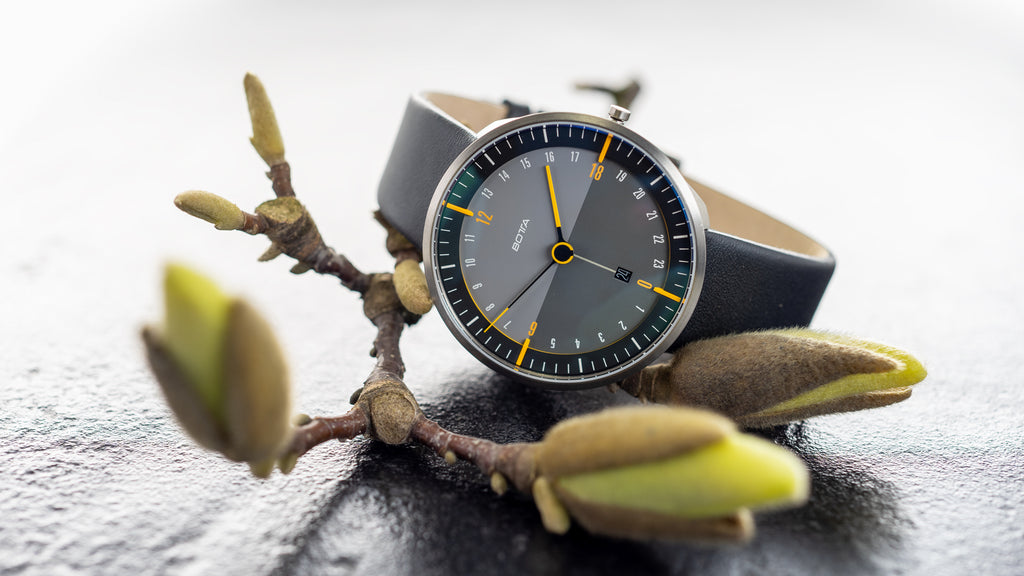
With these properties, titanium is perfect for use in wristwatches or jewelry. For a product that is naturally worn directly on the body - on the skin - skin compatibility is mandatory. Here it is not just a question of comfort, but a question of health. Nickel-free titanium watches are actually suitable for everyone, including allergy sufferers. The 100% allergy-free nature of the high-quality metal is one reason why BOTTA now uses titanium as the housing material for all of its watches.
Vegetable tanned, vegan or rubber bracelets are the perfect complement to anti-allergic titanium watches
Vegetable-tanned leather straps are watch straps that are tanned using purely plant-based ingredients. Typically, leather is tanned with chromium compounds, which can cause allergies. Vegan straps completely do not contain any animal components (leather = animal skin). Plastics are often used in combination with natural materials (apple skin, pineapple fibers, etc.). Rubber, on the other hand, is a modified natural product that is obtained from latex milk. Such straps do not naturally contain any allergens and thus complement our titanium watches to create a completely allergy-free package.
BOTTA - contemporary watch design also with regard to allergy sufferers
Since 2023, almost all BOTTA watches have been made of allergy-free titanium. (The only exception: limited anniversary editions of the one-hand watch UNO, which were still made with a stainless steel case). With its completely nickel-free cases made of skin-friendly tri-titanium, the watch brand BOTTA has developed attractive alternatives not only for design fans, but also for people with allergies.
At BOTTA, contact allergy sufferers will find a wide selection of anti-allergic watches with one or more hands, 12 or 24 hour displays and in two case sizes.
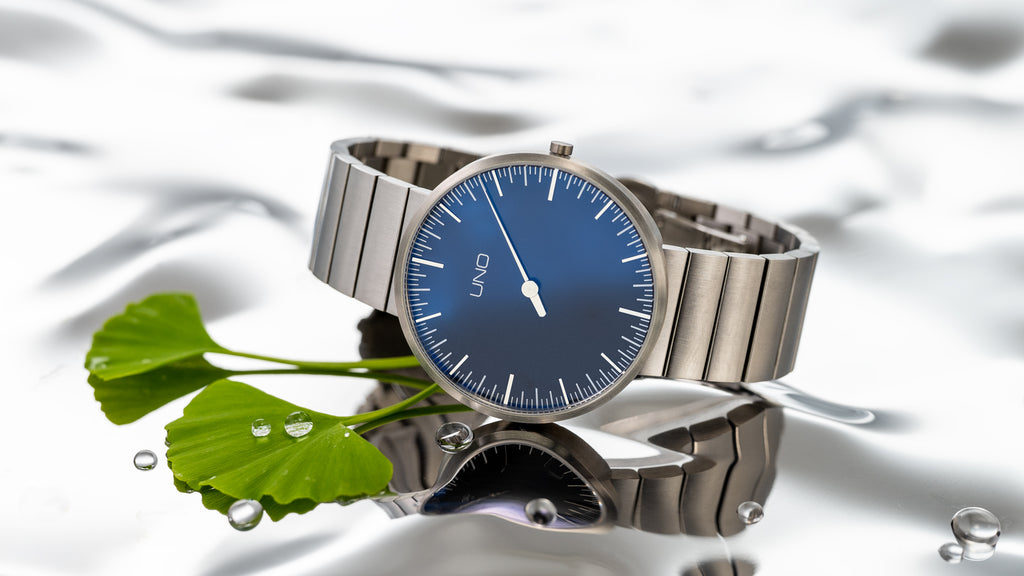
In addition to being allergy-free, titanium has a number of other advantages. The noble light metal combines a variety of superior properties. Not only is it absolutely biocompatible, it is also particularly strong and corrosion-resistant, antimagnetic and can even heal minor damage itself. In order to make optimal use of these advantageous properties of titanium, BOTTA has developed its three-part tri-titanium cases. For each housing component, a specific titanium alloy was deliberately selected that was tailored precisely to its purpose. You can find out more about the innovative, unconventional design using the example of the UNO24 model.
For the designer Klaus Botta, titanium not only has the excellent properties that he wants for his long-lasting watches - its warm color underlines the noble character of the BOTTA watches. Because these are uncompromising design objects - and at the same time extremely healthy.


